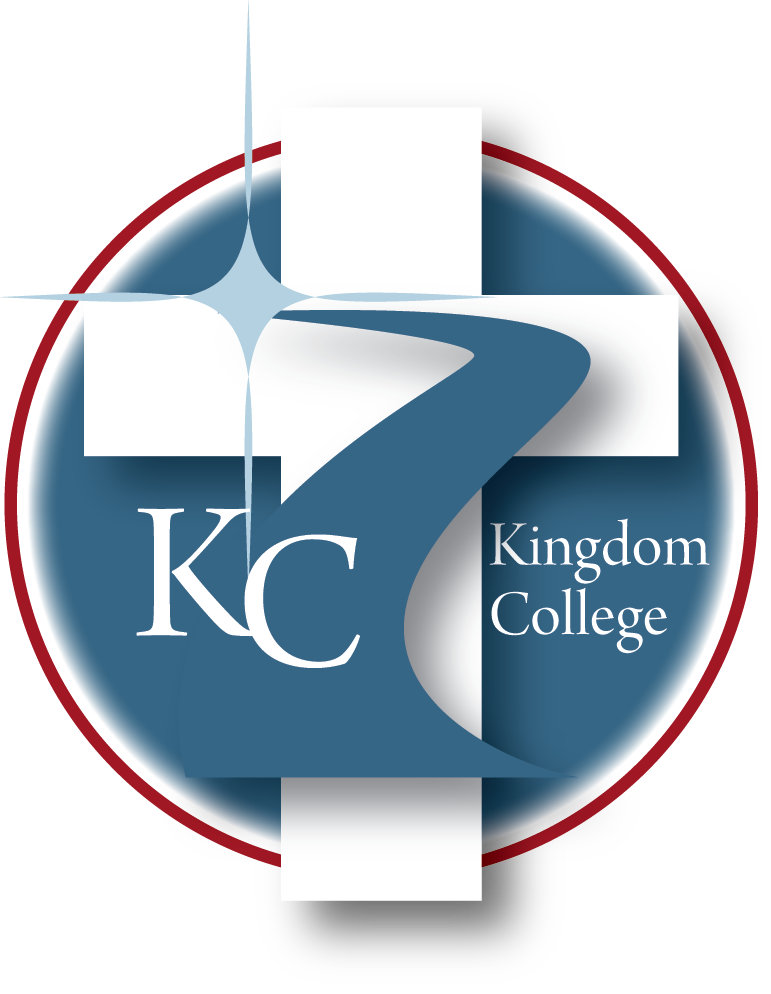Bachelor of Science in Psychology
ABOUT THE PROGRAM
This degree program provides an understanding of the human mind and behaviors. This degree will help provide students with an understanding, from a Christian perspective, of key concepts of psychology that can be used as a foundation for further study and pursuit of a career in human services requiring knowledge of behavior. This degree also helps to provide an ability to prepare for personal, social and organizational issues of today. Students who obtain an advanced degree have a growing range of new opportunities for employment.
Upon completion of this certificate the student will be able to:
-
Work in a variety of fields such as business and industry, medical, mental health, education, and ministry in positions such as mental health technician, intake person, or helping services facilitator.
-
Identify theories of psychology and their authors, and demonstrate an understanding of the impact of those theories in today’s field.
-
Demonstrate the ability to work with psychological concepts as a helper or facilitator while performing these services at an internship site within the community.
-
Demonstrate an understanding of the fundamental tenets of psychology and the implications for responding to mental health needs, including those of missionaries, their families, and local or global communities.
-
Work in local and global ministries in forming or organizing helping services.
-
Develop a basic foundation of mental health services to include crisis intervention and prevention within a community.
Program Matrix—120 hours
| Course # | Course Title | Credit Hours | Prerequisites |
| PSY 201 | History of Psychology/Systems | 3 | PSY 200 |
| PSY 202 | Developmental Psychology – Life Span | 3 | PSY 200 |
| PSY 204 | Multicultural Psychology | 3 | PSY 200 |
| PSY 206 | Psychology and the Christian Faith | 3 | PSY 200 |
| PSY 300 | Crisis, Trauma, and PTSD | 3 | PSY 200 |
| PSY 303 | Psychological Measurements/Assessments | 3 | PSY 200, MTH 110 or MTH 112 |
| PSY 304 | Theories of Personality | 3 | PSY 200 |
| PSY 305 | Cognitive Psychology | 3 | PSY 200 |
| PSY 307 | Psychological Statistics | 3 | PSY 200, MTH 110 or MTH 112 |
| PSY 308 | Research Methods | 3 | PSY 303, 307 |
| PSY 309 | Marriage & Family | 3 | PSY 200 |
| PSY 312 | Abnormal Psychology | 3 | PSY 200 |
| Select 1 Focus Area: |
|
Credit Hours (12 Required) |
Prerequisites |
| Counseling Psychology | |||
| PSY 208 | Health Psychology | 3 | PSY 200 |
| PSY 302 | Psychology of Addictions | 3 | PSY 200 |
| PSY 310 | Theories & Techniques of Counseling | 3 | PSY 200 |
| PSY 311 | Educational Psychology | 3 | PSY 200 |
| Social Psychology | |||
| PSY 203 | Social Psychology | 3 | PSY 200 |
| PSY 205 | Social Issues | 3 | PSY 200 |
| PSY 210 | Psychology of Poverty/Social Class | 3 | PSY 200 |
| PSY 400 | Intercultural Communications | 3 | PSY 200 PSY 204 |
| Marriage and Family Studies | |||
| PSY 208 | Health Psychology | 3 | PSY 200 |
| PSY 310 | Theories & Techniques of Counseling | 3 | PSY 200 |
| PSY 207 | Human Sexuality | 3 | PSY 200 |
| PSY 401 | Interpersonal Communications | 3 | PSY 200 |
| Organizational Psychology | |||
| PSY 209 | Business Psychology/Industrial Organization | 3 | PSY 200 |
| PSY 402 | Organizational Communication | 3 | PSY 200, PSY 209 |
| PSY 403 | Human Resource Management | 3 | PSY 200, PSY 209 |
| PSY 404 | Strategic Planning/ Management | 3 | PSY 200, PSY 209 |
| Select 1: | |||
| PSY 301 | Experimental Psychology | 3 | PSY 200 |
| PSY 306 | Neuropsychology | 3 | PSY 200, BIO 103 or CHM 103 |
| Major Hours | 51 | ||
| Select 3 Electives (see note above): | |||
| 3 | |||
| 3 | |||
| 3 | |||
| Total Elective Hours | 15 | Includes Gen. Ed. Electives | |
| General Education Hours | 54 | ||
| Total Program Hours | 120 |
*PSY 200 General Psychology is a prerequisite for all other Psychology courses. It is not part of the program matrix. Therefore, it is recommended that it be taken to fulfill general education requirements (see page 30).
